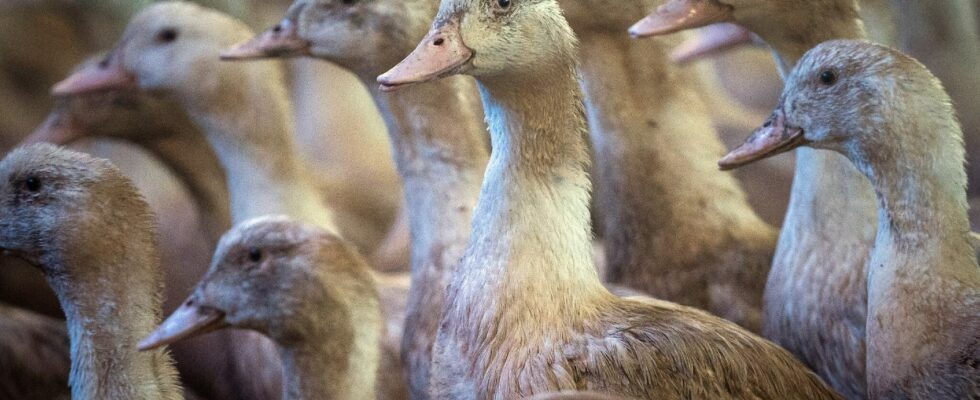In response to a recent and worrying development in bird flu, the World Health Organization (WHO) announced on Monday, July 29, an initiative to develop vaccines against this infectious disease based on messenger RNA technology in low- and middle-income countries. Behind this project is the biopharmaceutical company Sinergium Biotech, which has already started developing candidate vaccines against the H5N1 bird flu virus, the WHO said in a statement.
This virus, although it appeared in 1996, has seen an exponential increase in birds since 2020, in parallel with the increase in the number of infected mammals, including walruses and dairy cows, as in the United States. The United Nations agency for agriculture (FAO) judged last week that the evolution of avian flu in the Asia-Pacific region, with increasingly frequent transmissions to humans and the appearance of a new variant of the virus, was becoming “alarming”. Before clinical trials, Sinergium Biotech will first have to establish the feasibility of the process of its candidate vaccines, the WHO detailed.
A “particularly interesting” technology
What is mRNA technology? It involves injecting strands of genetic instructions into the body that cause cells to reproduce proteins present in the virus in order to train the humanitarian system to recognize and neutralize it. This initiative is being implemented as part of the mRNA Technology Transfer Programme, launched during Covid by the WHO and the Medicines Patent Pool (MPP), a UN-backed organization aimed at facilitating the development of and improving access to essential medicines.
While the Covid-19 pandemic has revealed a capacity for ultra-rapid innovation, it has also highlighted glaring inequalities in access to vaccines. On avian flu, the WHO has called for increased surveillance and reporting of cases in animals and humans, and for sharing samples and genetic sequences. Martin Friede, who heads the WHO’s vaccine research unit, said it was particularly interesting to focus on mRNA vaccines, in order to develop sustainable production capacities. “The advantage of mRNA is that, in theory, we can make a Covid vaccine, we can make H5N1 vaccines, but also many other vaccines and therapeutic tools,” he explained. If the need for H5N1 vaccines were to decrease, “we hope that all partners will be able to produce something else,” he continued.
